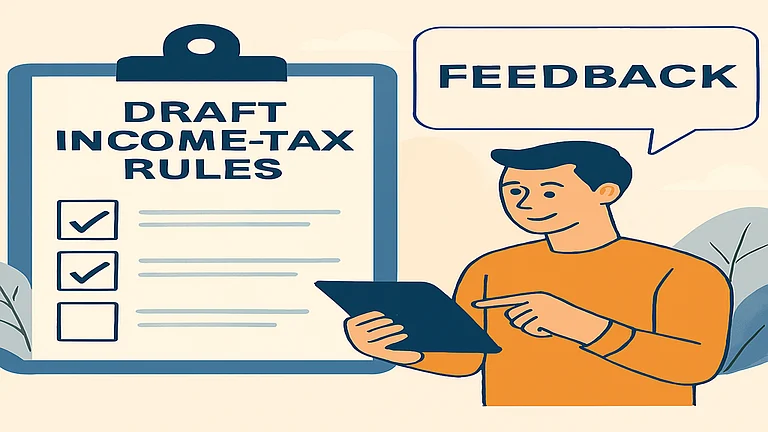For 21-year-old Delhibased Abhinav Verma, financial freedom is all about managing money on his own. Having just started his career, he has the foresight that many don’t possess even in the later stages of their careers. “I believe one should make wise investments so that the money you have saved grows adequately to financially empower you in your retirement,” he says. The concept of financial freedom has remained the same over the years—to have money to live comfortably or take a dream vacation. Of course the usual list of buying a home, paying for children’s education and marriage have always been there, but what is fast being added to this list is planning for retirement.
In case of 69-year-old, Delhi-based Surindra Khanna, financial freedom is not having a huge bank balance, but peace of mind. “A secure feeling is what you get from financial freedom,” he states. For many, financial freedom may seem like a pipedream; however, by adhering to a spending plan, it is possible as long as one works towards it (See: Controlling your finances). A simple approach to attaining financial freedom is to save, invest and grow your money. So, save 10-20 per cent of your income, invest it in tax-efficient financial instruments, and let it grow over time with periodic reviews and rebalancing.
Simply put, financial freedom is moving from income to wealth; however, most often, in this age of easy credit, most people land up with huge borrowings to satisfy their current needs, forgetting its impact on their future. According to Dilshad Billimoria, Founder and Chief Financial Planner, Dilzer Consultants, “Financial freedom is a state of mental satisfaction and well being that a person has risen to through financial education, after adequate planning is done to achieve the monetary aspect of one’s goals.”
One of the easiest ways to lose control of your financial life is to knowingly or unknowingly get into a debt trap. The lure of easy credit to buy a phone or a house is the first step to losing your financial independence because you need to start earning to pay for these purchases. Today, servicing loans is the biggest hurdle to achieving financial freedom, and due thought should be given before picking up a loan. In contrast, the beginning of financial freedom commences with a well-planned roadmap. And the beauty of your plan should be in its ability to change. This kind of flexibility is to your advantage because your goals will change as time goes by.
Remember that at every stage in life, wealth building requires you to consistently spend less, save more and invest wisely, no matter how much money you earn. The mechanics of creating wealth—a way for you to get financially free—is actually not that difficult. Wealth can be created by putting your savings into instruments that will grow in value such as bonds, mutual funds or equities. “Although I started earning recently, I ensure that I have investments going towards future needs,” says Verma. This is contrary to several of his contemporaries who buy the latest gizmo on EMI, only to be left with less money for future needs.
With all the numbers floating on what it would take for you to attain financial freedom, do not forget the small pleasures of life. Don’t set goals with complicated details to be achieved in the distant future. Planning that way could discourage you from continuing. Start with a simple plan with reachable goals and then go for it. There is a lot to learn from young Verma who says, “I live in the present and think for the future.” He definitely is cut out to achieve financial freedom in life.
Controlling your finances
1. Goal setting
Even before you create a savings and spending plan, a financial goal should be set to provide the necessary direction to your plan and distinguish between needs and wants.
2. Budgeting
A budget is like a treasure hunt map; have it and your financial goals look achievable. A budget tells the way your plans are progressing and if you need to make any changes.
3. Savings
Whatever your goal, saving is the key to achieving it. Make savings a habit to stay a step ahead of your money, just the way you will allocate money towards expenses.
4. Borrow wisely
Today, credit is easily available, which can be used poorly or wisely. For instance, borrowing to buy a house is good, but borrowing for a vacation is unwise.
5. The Indian dream
Saving for a home is a commitment and a financial sacrifice. There are several emotions attached to this financial decision; be sure you can afford it before you go for it.
6. Investing
Invest your money to beat inflation. There are several ways to achieve this—equities, mutual funds, pension and life insurance. Pick an option based on what suits you.













